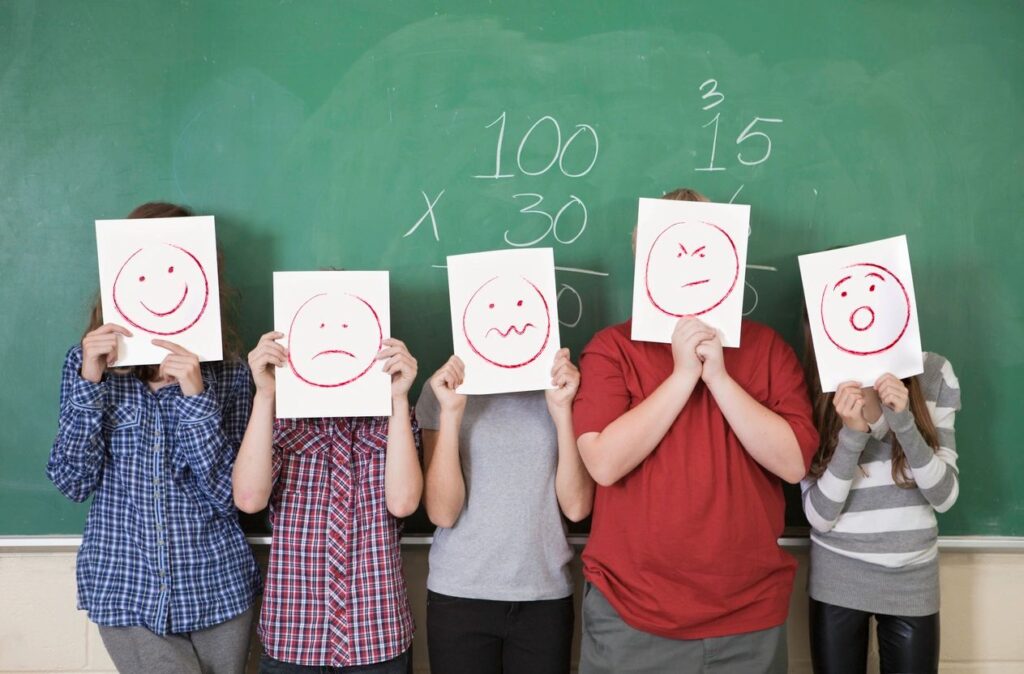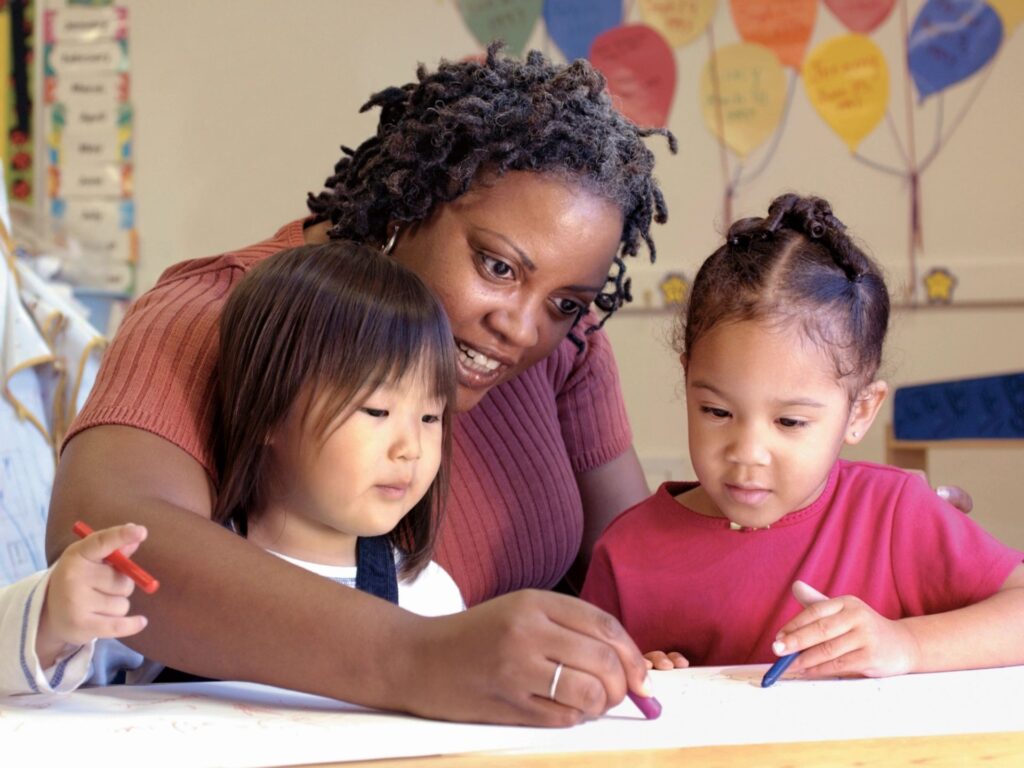Developmental Psychology
Night-Owl Teens Might Be Angrier
Psychologists that research people’s “chronotypes,” or their propensities to go to bed at different times, have found that early and late risers tend to differ in a variety of ways. In many cases, the findings haven’t exactly been good news for night owls. Studies have suggested that night owls are more likely to have emotional…
Read MoreEnvy Might Drive Some of Social Media’s Mental Health Effects
Social media has facilitated both new ways of connecting with others and new ways of tallying how our lives stack up against theirs. In the twenty-first century, keeping up with the Joneses has become keeping up with the hundreds of people on your Facebook feed. Several previous studies have suggested that comparing yourself with others…
Read MoreThe Tweets That Go With a Quarter-Life Crisis
From getting married to buying homes, millennials are accused of doing everything later. But that’s not true when it comes to having life crises. As the rise of the term “quarter-life” crisis suggests, having life crises is something millennials seem willing to do early and often. So what do you do when you want to…
Read MoreWhat a Connection to Nature Means for Kids
It’s a common complaint that kids these days don’t get outside enough. There may be something to that claim, as well, with parents of 8 to 12 year olds saying in one survey that their children spent three times as much time playing on screens as playing outside. Intuitively, you might suspect that children who…
Read MoreWhen Are Teens Comfortable Talking With Their Moms About Sex?
Parents are a useful resource for teenagers to learn about sex and sexual health. Of course, that doesn’t mean teens are going to go out of their way to engage their parents in discussions about sex. A new study from researchers at University of New Brunswick sheds light on what factors play into adolescents’ willingness…
Read MoreWhat Friendships Can Do for Mental Health in Old Age
It seems self-evident that having rewarding social connections should be able to help with healthy aging, but framing that intuition in a scientific way turns out to be surprisingly complicated. There are a couple reasons why that’s the case. The first is that loneliness influences and is influenced by other aspects of our behavior in…
Read MoreShort Interval Between Children Ups Risk of Divorce
We all like a fairytale love story, but psychologists are just as interested in stories about marriages that fall apart. That much is clear from a study I wrote about last year, in which researchers surveyed a couple thousand residents of Denmark about their reasons for divorce. Participants found a whole range of shortcomings in…
Read MoreDo Children Imitate Differently Across Cultures?
Children have a lot to learn, and one of the ways they meet that formidable challenge is by imitating others. They’ll imitate the good things see. They’ll imitate the bad things they see. As I’ve written about before, they’ll even imitate robots. What’s less clear is whether children in different cultures practice the art of…
Read MoreWhat Happens When College Students Disclose Mental Health Problems?
To disclose or not to disclose? For people with mental health conditions, it’s a common question. On one hand, disclosing your mental health condition is a step toward obtaining accommodations or support in your everyday life. On the other hand, with disclosure comes the risk of running into mental health stigma. A recently published study…
Read MoreIn Neighborhoods With Faster Internet, Children Feel Worse About Their Lives
Who wouldn’t want a faster internet connection? Kids who want to feel good about their lives, maybe. A new analysis of data from 6,300 children carried about by researchers at University of Sheffield has come up with the finding that in neighborhoods with faster broadband speed, children and teenagers report feeling worse about their lives.…
Read More









